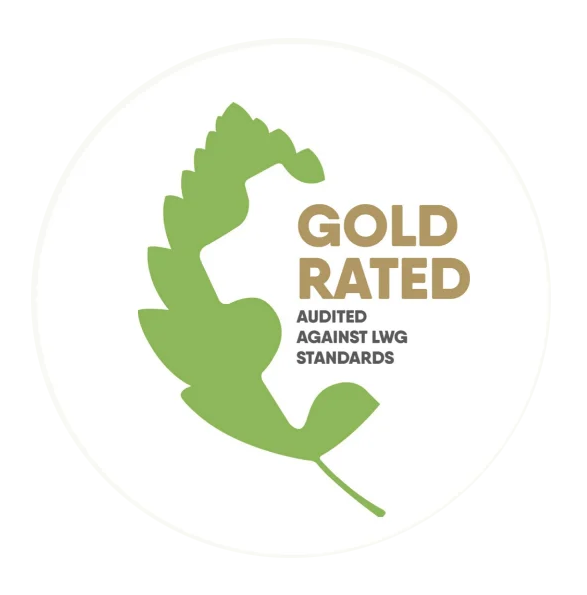Certification & Membership
ISO 9001:2015
ISO 9001 sets out the criteria for a quality management system and is the only standard in the family that can be certified too . It can be used by any organization, large or small, regardless of its field of activity. In fact, there are over one million companies and organizations in over 170 countries certified to ISO 9001.
This standard is based on a number of quality management principles including a strong customer focus, the motivation and implication of top management, the process approach and continual improvement. These principles are explained in more detail in ISO’s quality management principles. Using ISO 9001 helps ensure that customers get consistent, good-quality products and services, which in turn brings many business benefits.


ISO 14001:2015
ISO 45001:2018
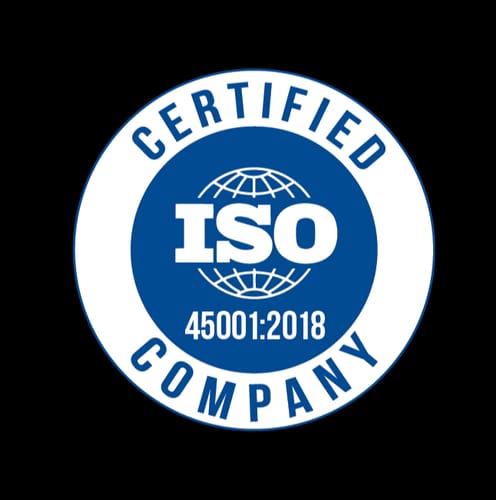

ILPA
FIEO
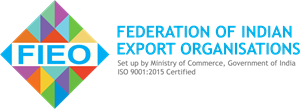
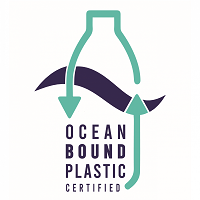
OBP Certification
SEDEX


SA8000 Standard and Certification System
Elements of the Standard :
Child Labor
Forced or Compulsory Labor
Health and Safety
Freedom of Association & Right to Collective Bargaining
Discrimination
Disciplinary Practices
Working Hours
Remuneration
Management System
PETA :
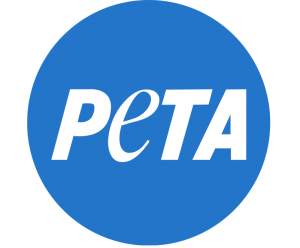
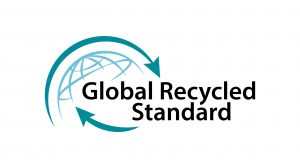
Global Recycled Standard (GRS)
LWG Certificate :
We’re proud to uphold sustainability standards in our leather sourcing through the Leather Working Group (LWG) Certification. By partnering with LWG-certified suppliers, we ensure that our leather products meet stringent environmental criteria throughout their production cycle. This certification not only reflects our commitment to responsible sourcing but also assures customers of the high quality and eco-friendly nature of our leather goods. Choosing LWG-certified leather aligns with our values of sustainability and ethical business practices.
